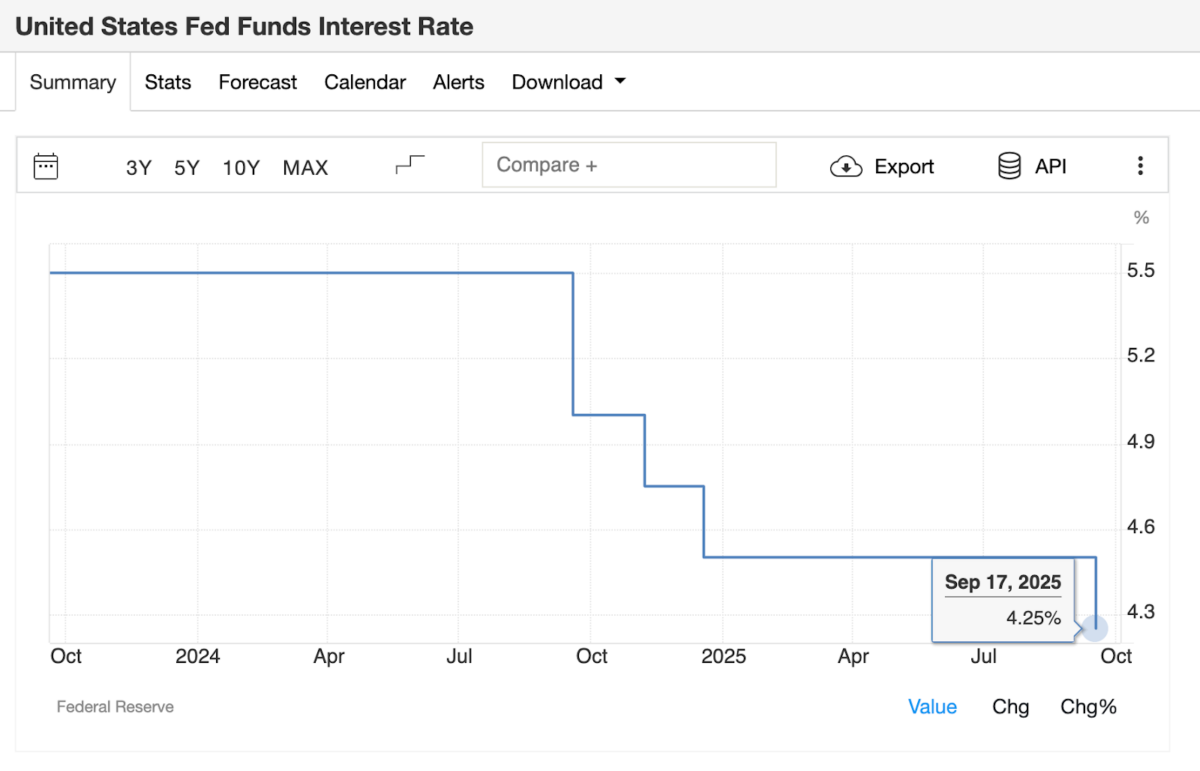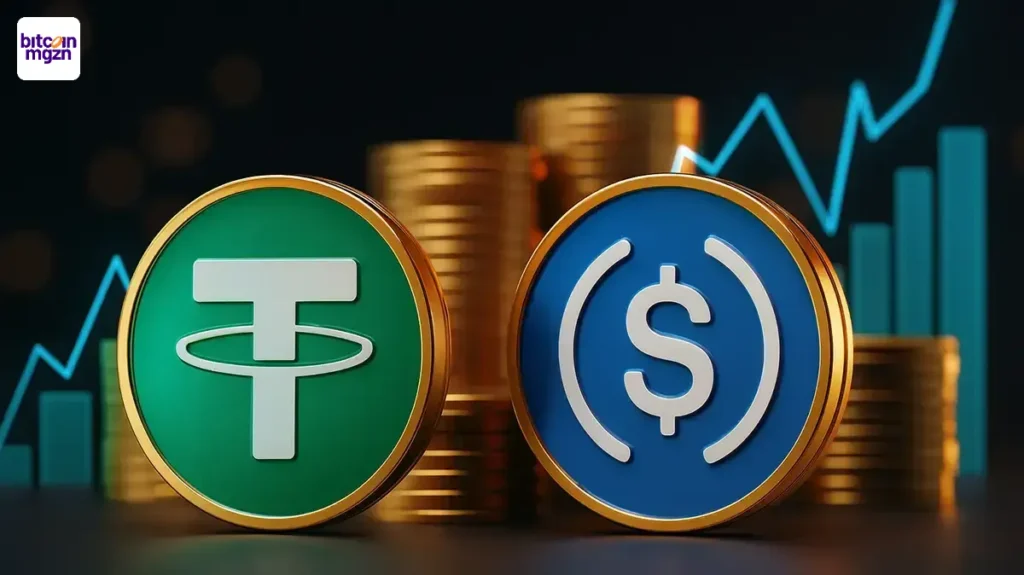Asia Morning Briefing: Polymarket’s POLY Could Bring Oracle's Home
Good Morning, Asia. Here's what's making news in the markets:
Welcome to Asia Morning Briefing, a daily summary of top stories during U.S. hours and an overview of market moves and analysis. For a detailed overview of U.S. markets, see CoinDesk's Crypto Daybook Americas.
ANALYSIS
Polymarket's potential launch of the POLY token may mark the end of UMA’s reign over prediction markets and the beginning of an era where truth itself is governed in-house.
So far, the token has only been teased. Nothing is known about the tokenomics or utility of the token, but given complaints from the community, it's possible to speculate on what it might be.
After years of outsourcing resolution to UMA’s 'optimistic' oracle, a system where anyone can propose an outcome by staking collateral and UMA token holders vote to settle disputes, an arrangement that recently produced multiple episodes of whale-led manipulation, the occasional contradiction from Polymarket itself, and community outrage, Polymarket might be building its own truth layer – a mechanism to resolve markets in-house.
Hypothetically, the token would likely sit beside the betting engine, not inside it: wagers in USDC, governance and curation in POLY. That separation could be the key to what UMA never solved: finding a way to make decentralized truth expensive to corrupt and fast enough to trust.
UMA’s tokenomics were designed around an “optimistic oracle” where UMA token holders vote to resolve disputes. In theory, UMA voters are rewarded for aligning with the majority and penalized for voting incorrectly, creating a "Schelling-point" model of truth.
In theory, this structure rewards consensus, not necessarily accuracy. Large UMA token holders can potentially sway outcomes to protect their own positions, while smaller voters are incentivized to follow majority signals rather than independently verify facts.
Because rewards are paid in UMA regardless of whether the final result accurately reflects reality, critics argue that the system often prioritizes coordination over correctness. This leaves markets theoretically vulnerable to potential manipulation, as seen during the saga of Ukraine-themed betting contracts, when truth and token incentives diverge.
If Polymarket internalizes resolution through POLY, it could signal a broader shift in how decentralized truth is financed and maintained. By separating wagers from governance, Polymarket would be able to price honesty independently of the outcome of any single bet.
UMA showed that decentralized oracles can be built, but not that they can be fully trusted when incentives drift from truth. POLY, if it exists as envisioned, could restore the link between accuracy and reward that prediction markets were supposed to embody.
In that sense, the coming token is not just another governance asset. Instead, it's a bet on whether truth can finally be made liquid, accountable, and owned by the market it serves.
But of course, this is just informed speculation.
Market Movement:
BTC: Bitcoin is trading above $121,700,trading lower after a failed push above $124,000, with profit-taking across metals and crypto triggering over $600 million in liquidations and a rotation back into BTC as market dominance climbs above 59%
ETH: Ethereum (ETH) is trading at $4,376, down 3.2% in the past 24 hours as traders rotate out of altcoins amid renewed risk aversion, though long-term sentiment remains supported by institutional accumulation and optimism around the upcoming Fusaka upgrade.
Gold: Gold is trading around $4,040 per ounce, easing slightly from record highs as investors take profits after the metal’s historic rally, though demand remains firm amid persistent geopolitical and inflation concerns.
Nikkei 225: Asia-Pacific markets mostly fell Friday, with Japan’s Nikkei 225 down 0.33%, as investors assessed economic risks and revisited trade tensions between Washington and Tokyo, even as expectations of continued loose policy under incoming Prime Minister Sanae Takaichi kept the yen weak and stocks near record highs.
Elsewhere in Crypto
- 'Bitcoin Jesus' to Settle U.S. Tax, Fraud Charges: NYT (CoinDesk)
- Monad Teases Airdrop as Ethereum, Solana Rival Nears Long-Awaited Network Launch (Decrypt)
- Digital Currency Group subsidiary Yuma launches asset management division with two flagship funds (The Block)
You May Also Like

Bitcoin Holds $115K Support as Fed Cuts Rates by 25 Basis Points

Rain And Lithic Forge Strategic Partnership To Accelerate Global Growth Of Stablecoin-Powered Payments
